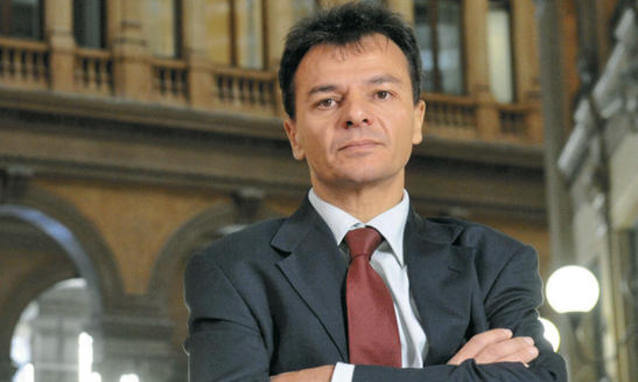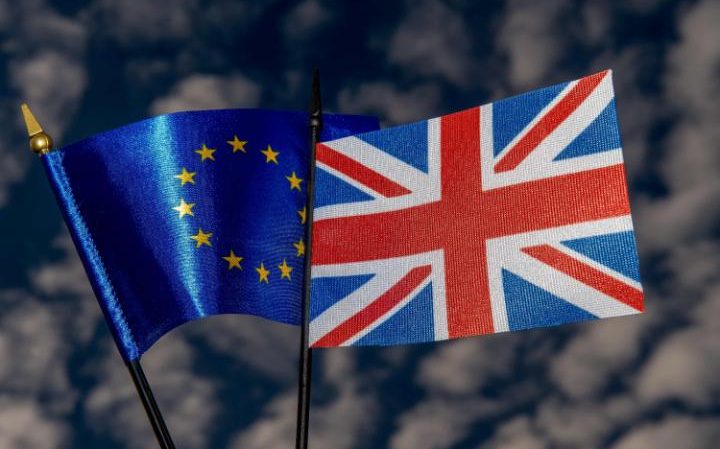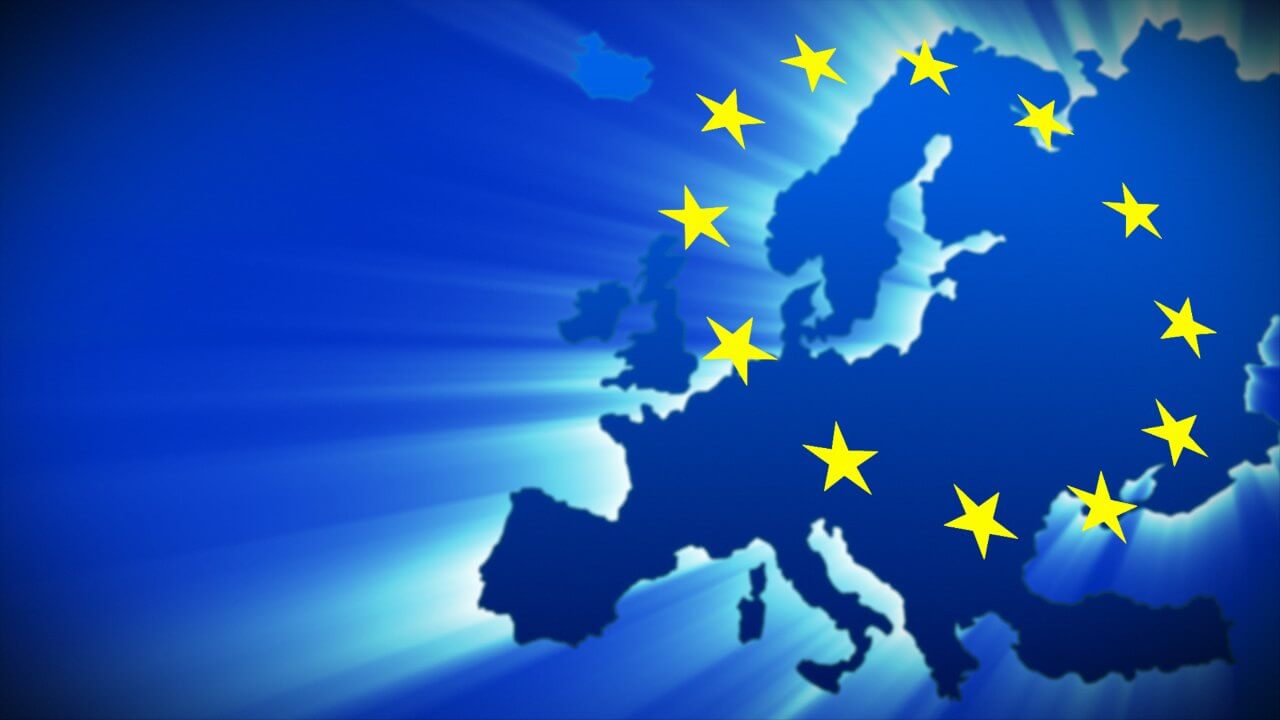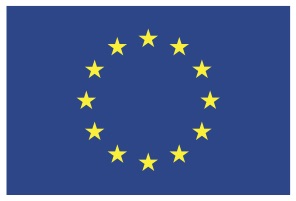By Lorenzo Marsili and Jorge Moruno
A few days before the elections in Spain, we talk to Jorge Moruno of Podemos about his European strategy and the possibility of building a transnational network of rebel cities. Español
Lorenzo Marsili: Over the last couple of years Spain has been a place of inspiration for all of Europe. However, while Spain is very present in European debates, Europe seems very absent in Spanish debates. Do you agree with this view?
Jorge Moruno: I think that Europe is actually talked about in Spain, but as if it were something of an external actor, embodied by Angela Merkel, the Troika and the suffering caused by the austerity measures. Europe appears in headlines such as “Brussels demands further budget cuts” or in news about Brexit, the refugee crisis, the growth of hate speech, the never ending tragedy of immigrants in the Mediterranean, and so on.
I think Europe is perceived through the lens of mainstream TV, or in the guise of cuts in social services, but, in the absence of tools for citizens engagement, not as a space for direct political intervention. It is true that since the emergence of Podemos, Spanish people now have a better knowledge of the European parliament, the activity of European forces and alliances, and TTIP – all of which have now found their place on the agenda. In the current electoral campaign, after the announcement by Brussels of a new adjustment package of €8billion, Europe is being very much discussed.
LM: We have seen a number of European movements springing up over the last year. DiEM25, recently launched by Yanis Varoufakis and an impressive group of political and culture personalities, aims at nothing short than a complete democratisation of the European Union.
Other initiatives, such as the French PlanB, at first appeared more ambivalent towards the possibility of reforming Europe and seemed to flirt with a return to national currencies. What is the view of Podemos on the possibility of reforming the European Union? What is the party’s vision for changing the EU and what can European movements expect from a Podemos government?
JM: I believe that Europe is heading to political bankruptcy through progressive decay. We can see it in the way Greece has been strangled while giving into the blackmail of the City of London. We have seen people being externalised to Turkey, while there is no proper, coordinated European foreign policy, nor a shared commitment to a political and economic project.
Europe has been built as a legal shell based on financial automation and disciplinary boundaries and not European people. The EU is now understood as the German elites did, as a “community for budgetary stability.” Now, all this cannot be resolved just by going back to the past, because there is no possibility of restoring national sovereignty as synonym of monetary sovereignty, especially in the South.
The problem with the EU is a structural one, and this is why reclaiming Europe becomes a revolutionary slogan. It can be done from a variety of spaces and on multiple levels, winning over institutions within member countries and weaving multilevel alliances for the defence of European values on welfare and human rights.
In this respect, Podemos assumes a clearly pro-European stance: Europe is a space for political and economic construction, where even the OECD admits the stability pact needs to be amended, and steps towards federalisation need to be sped up with policies that put people before finance.
LM: What do you mean by federalisation, in a European context?
JM: To speak about federalisation we need to begin from a basic principle: diversity is a strength. Far from wanting to homogenise the political and cultural space, we need to find the right formulas to make the combination of equality with difference work.
Now, for this to be possible we need a political and economic structure that goes beyond the situation we have today, where member states are left alone in dealing with their problems and their obligations to meet financial targets. In the absence of common economic programs, this model is applied as a generalmoral standard independently of the productive and economic reality in each country and of its place in the European division of labour.
To advance towards a “United States of Europe” we need a central bank that instead of asphyxiating the economy of the countries that are worst off (such as Greece) jumps at their rescue as the American Federal Reserve does. We need to mutualise debt, advance towards a common European treasury and a common fiscal system, and re-organise the European division of labour. All these mechanisms can only come about as the result – as the democratic outcome – of an alliance between European forces.
LM: National parties clearly play an important role in any attempt at changing Europe. They are able to organise and mobilise consensus, and introducing insubordinate governments in the European Council appears a necessary step in any ambitious reform plan. However, transnational coordination still appears elusive. European parties are little more than the sum of individual national parties, without a common transnational identity and political program.
What do you think about the possibility of building a genuine multi-level political force in Europe, able to work at once at transnational, national, and local level? Does the experience of the Spanish state, with the multi-level interaction, for example, between Podemos and the Catalan En Comú Podem, have something to teach here?
JM: The case you mention has to do with the project for multinational construction in Spain. I think this is possible largely because we share the same political space, the same sense of an “imagined community” as Benedict Anderson would say.
The problem we are facing in Europe is as urgent as it is difficult to imagine. Our starting point is the gap between the way in which concerns, pains, fears and hopes are lived in different countries, and where the policies that have been implemented come from. We live and think at a national level what stems from a European level.
People in Spain took to the streets on 15M 2011 seizing the occasion of a particular Spanish juncture. The French cycle of struggles today responds to the adjustment plans and labor reforms which are being applied in France. However, the reasons for it and the dogma that is being imposed is the same in every country: austerity, cuts, and the weakness of society before the absolute power of financial capitalism which engulfs our lives.
The struggles are shaped in every national context, their reasons are European, and the repertoire of collective action is global. This conclusion derives from a negligent approach at the time of designing the political framework of the EU.
Today, Europe remains as defined by the former president of the European Commission, Jacques Delors: a UPO, an unidentified political object. Europe’s economic policy is afflicted by a cyclothymic disorder, because while the ECB applies an expansionary policy to inject liquidity, the European Commission imposes a constrictive policy by way of infinite adjustment plans and cuts, seasoned with labour market reforms that lead to greater inequality. Now, as always, the question is what is to be done?
LM: Can cities provide part of the answer? Participatory municipalism is back in fashion. In Spain, obviously. And elsewhere, such as in Naples, where the insubordinate government of Luigi De Magistris has returned the water supply to public ownership.
Many advocate the necessity of building a European network of cities of change or rebel cities. A network capable of applying political pressure on national governments and European institutions, such as done recently at the meeting of Local Authorities against TTIP in Barcelona. What do you think about such ideas?
JM: Rebel cities have done a great job at making the refugee crisis visible and opening the debate. They are the last ditch against the neoliberal pogrom, necessary but not enough to repel it.
There is probably no single answer to the question, what is to be done? This means that European change will come as a result of multiple experiences, cycles of struggles, and underground streams of change mixed with governments in the institutions. In Guattari’s words, a non-exclusive way between molar changes and molecular transformations. The democratic turn of the European tectonic plates will come from of a jumble resulting in a new subjectivity.
But the dilemma Europe is facing could tilt towards authoritarian regression as a consequence of the austerity dogma. The Europe where hate speech germinates is the same Europe that buries human rights. Hate speech is the worst thing that can happen to democracy.
Therefore, Europe urgently needs to reinvent itself on the solid foundation of social democracy. We need to move towards a common European understanding of the problems and the solutions, where a project for a vital collective way out can be incubated, and which must undoubtedly have a European agenda.
The antidote is not self-help books, or the motivation industry, coaching, or the withdrawal to Thanatos. The best remedy against poverty, injustice, fanaticism, and loneliness is the collective encounter – Politics. Politics breaks in and expands without permission; politics disobeys the order that has been established in order to exclude politics – that is, the nobodies and the anyones – enriching and nurturing life.













